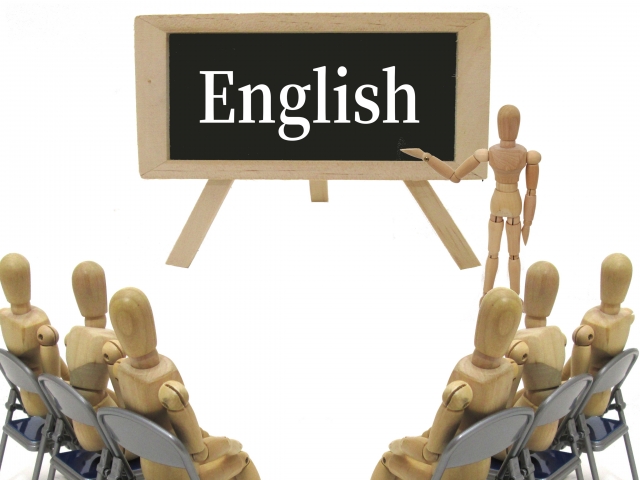I have always liked word games, spoken or written, and sometimes I use them in teaching English. One word game is called, Three Words; the rules are, one person says three words that describe something, and everybody else guesses what that something is. The game helps identify gaps in vocabulary and develops the skill of explaining a word that you don’t know.
For example, if I wanted to describe a cloud, I would say; sky, white, water. Although, people may guess snow or rain and not think of a cloud. Another example, if a person says, bright, yellow, hot, I would think of the sun. However, it could be a light bulb or perhaps a curry?
(At the end of this blog there are six Three Words for you to guess the answer, have a go!)
Increasing vocabulary – LEARN
So, with only a few words it is possible to communicate, which is good, but sometimes there is miscommunication. Of course, in real life, you can use more words to help explain a word you don’t know, although it would be better if you already knew it.
Increasing your vocabulary takes effort, and there are many ways to do so: from using textbooks and Japanese/English dictionaries by yourself to English classes (online or in-person) with other people.
Learning a word and understanding it takes a moment, remembering that word and using it correctly needs regular use. I’ve heard many times from students that they have forgotten English words, as now, they don’t speak English frequently. Fortunately, it takes less effort to remember words than to learn the words again from the start. In nearly every class of mine, new vocabulary is learnt, practised, and sometimes used again.
Increasing vocabulary – PRACTISE
I encourage my students to practise or study English every day; although it may not seem practical, it is achievable. Walking or driving somewhere? Listen to an English course. Out shopping? Think of the English words for the objects you see. Having a bath? Describe your day in English and say it aloud. In bed? Look up and write down new words you want to know or have learnt. To know a new English word, you need to; learn it, practise it, and use it.
Three words for, know; LEARN, PRACTISE, USE.
Increasing vocabulary – USE
This is the hardest part when learning English in Japan, having a chance to use it. Unless you have someone to talk to in English, it is difficult to use it. It is easy for English input (reading and listening) and output (writing and speaking) but it is not easy to find someone to converse with in English. This is where English tutors/schools (online and in-person) are more helpful than you realise. Not only do you learn new things and practise them, it’s also the opportunity to use what you have learnt in a safe environment. English classes are the place to make mistakes, ask questions and use what you have learnt.
THREE WORDS – Try for yourself, guess the word or words I’m thinking of from the three words I’ve given. Put your guesses in the comments if you wish. Good luck.
1. Sticks, food, eat.
2. Sport, bat, ball.
3. Red, white, blue.
4. Handlebars, pedals, wheels.
5. Head, good, bad.
6. Learn, practise, use.
【あなたの心が伝わるあなただけの英語】
英語でのコミュニケーションをあなたらしい英語で。一人一人のレベル、能力、
興味に合った教材や方法を用いた英語レッスンプログラムをオンラインで学べます。

”あなたの英語”でコミュニケートしたい方は、まずは無料カウンセリングをご予約ください。



